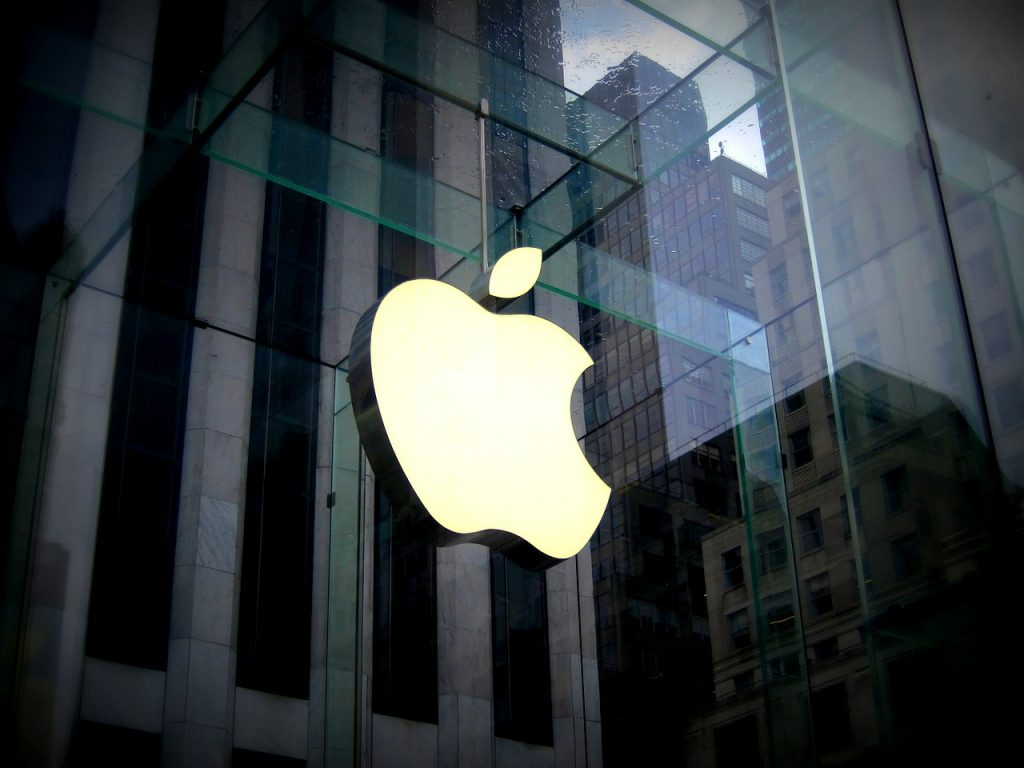Apple Sued Over Antitrust Allegations
Apple is facing serious antitrust charges regarding its proprietary payment system, learn why.
This article is more than 2 years old

In recent weeks, Apple has been facing mounting pressure to open up its closed IOS ecosystem to developers and stop favoring its own applications in the App Store. While the tech giant has warned of privacy concerns these rules could raise for users, lawmakers say these claims are overblown. To make matters worse, the company has been hit with antitrust accusations by the European Union over its exclusion of rivals from its mobile payment system.
The European Union sent the multinational technology company a formal statement of objections with the preliminary view that the iPhone maker has abused its dominant position in IOS mobile wallets. “The Commission takes issue with the decision by Apple to prevent mobile wallets app developers, from accessing the necessary hardware and software on its devices, to the benefit of its own solution, Apple Pay,” the press release reads.
The objection statement added that by limiting access to a standard technology used for contactless payments with mobile devices in stores, Apple restricts competition in the mobile wallets market on iOS. This exclusionary behavior leads to less innovation and less choice for consumers for mobile wallets on iPhones. But this is only the initial formal stage of antitrust proceedings against the tech giant. The California-based company will still have an opportunity to respond to the Commission’s list of objections.
Speaking about the antitrust accusations, Executive Vice-President in charge of competition policy Margrethe Vestager explained that mobile payments play a rapidly growing role in our digital economy. As such, it’s important for the integration of European Payments markets that consumers benefit from a competitive and innovative payments landscape. “We have indications that Apple restricted third-party access to key technology necessary to develop rival mobile wallet solutions on Apple’s devices,” she said via the press release. If confirmed, this would be illegal under the EU’s competition rules.
However, the European Union also notes that the sending of a statement of objections does not prejudge the outcome of an investigation against Apple. Interestingly, this is the second antitrust charge against the tech giant. Last year, EU regulators accused the company of distorting competition in the music streaming market due to a complaint from Spotify. At the time, the EU focused on developers being forced to use Apple’s in-app purchase system and for being the company failing to inform users of other purchasing options, The Verge reported.
The Commission’s preliminary view against Apple indicates that the European Union is committed to reining in the power of big tech companies. Two major legislative acts intended to counter the negative effects of monopolization have been passed in recent weeks. First is the Digital Services Act (DSA), which forces companies to better control harmful content on their platforms. The second is the Digital Markets Act (DMA), which is intended to level the business playing field, allowing smaller companies to compete with their larger counterparts, The Verge says.
To protect its interests, Apple has objected to several provisions outlined by the European Union. Especially those that attempt to loosen the company’s grip on the App Store, which is their primary source of revenue.



